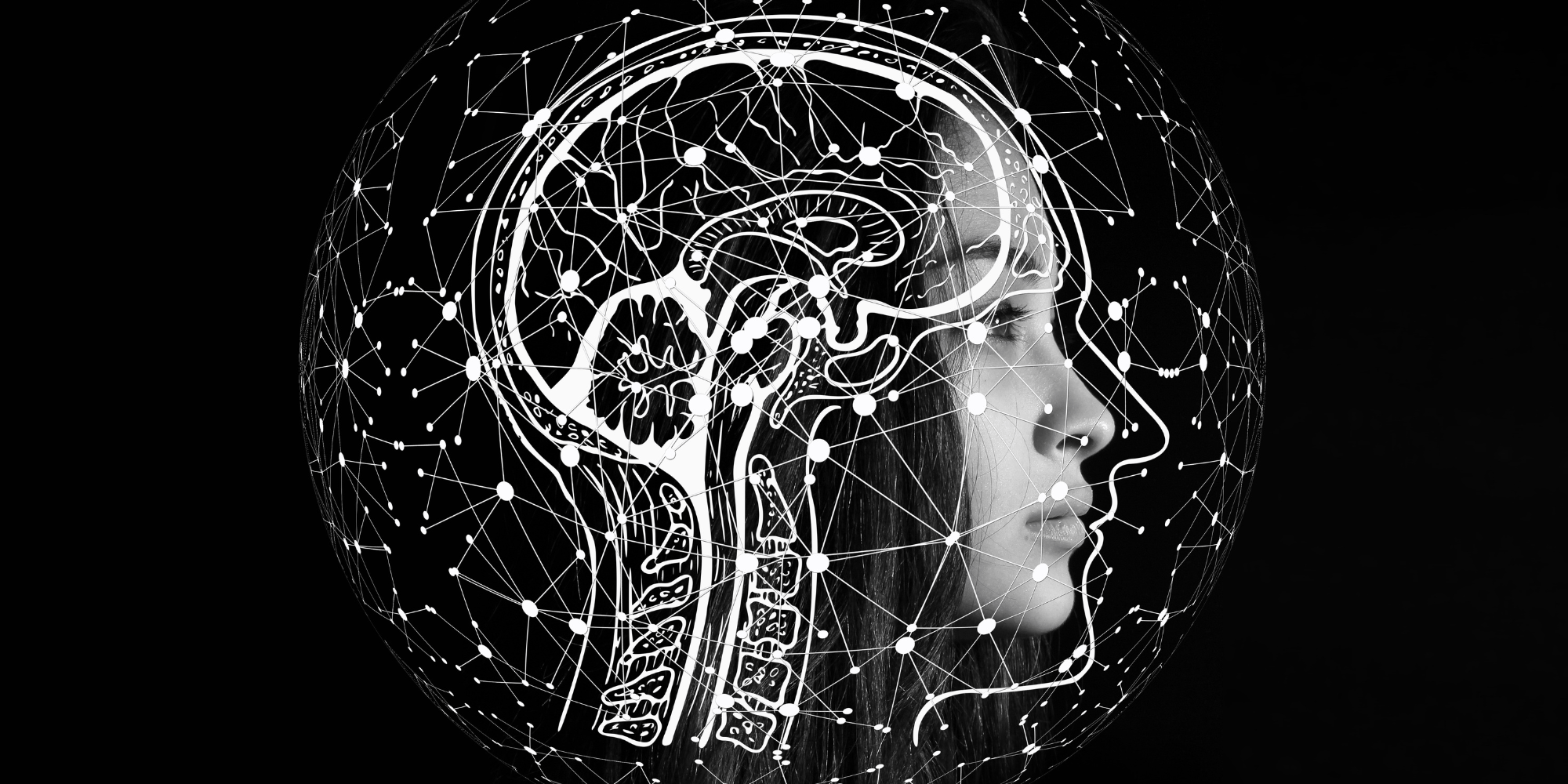The latest research published in the prestigious journal Science provides evidence that neurogenesis – the process of forming new nerve cells – also occurs in the adult brain.
A team of scientists from the Karolinska Institutet and Chalmers University of Technology in Sweden, led by Prof. Jonas Frisén, used advanced research technologies, including artificial intelligence, to analyze brain tissue samples from people who died between the ages of 20 and 78. The researchers identified neural progenitor cells, or precursor cells capable of transforming into new neurons, in the hippocampus, the structure responsible for memory, emotions, and learning.
The analyses were conducted using advanced methods such as single-nucleus RNA sequencing and flow cytometry. With the support of AI models capable of recognizing the activity of approximately 10,000 genes, it was possible to precisely detect neurons at various stages of development.
Particular attention was paid to the dentate gyrus of the hippocampus, considered to be a key area of neurogenesis in children and some adult animals. It was there that new neuronal cells were discovered in some of the adult subjects. Importantly, the number of progenitor cells varied significantly between individuals—some adult humans had many, others had none at all. Scientists suspect that these differences may be due to both genetic and environmental factors, as is the case in animal studies.
These findings not only reinforce the hypothesis of the brain’s continuous ability to regenerate, but may also be of significant importance for future neurological and psychiatric therapies.
Source: Karolinska Institutet, Science, dzienniknaukowy.pl.










